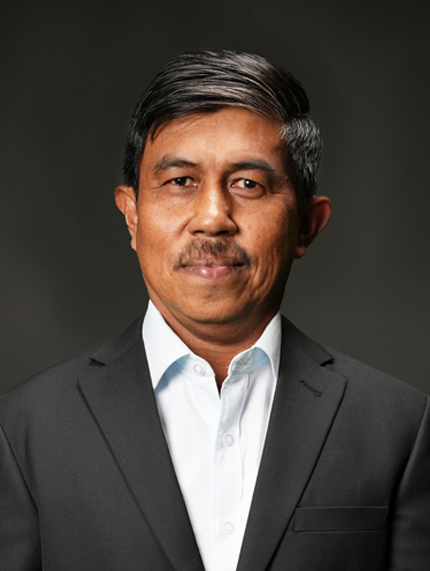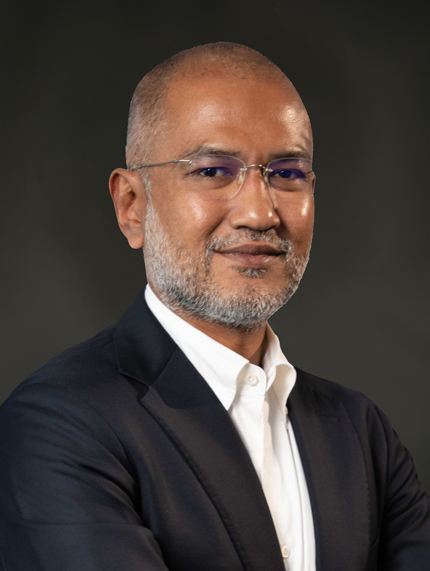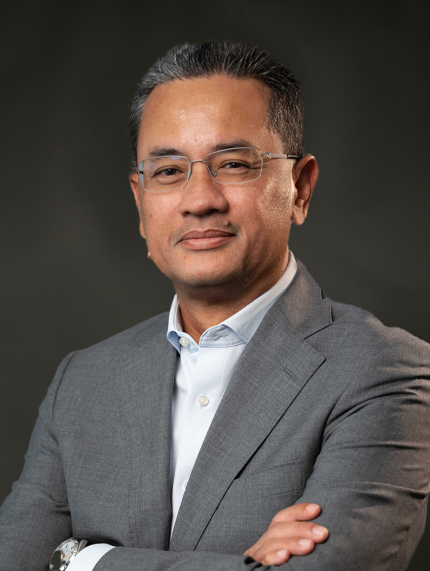Accessibility to boost Sedenak Tech Park’s (STeP) data transmission speeds up to multi 4Tbps, with low latency and new infrastructure to major data centre hubs in Southeast Asia
JLand Group (JLG), Johor Corporation’s real estate and infrastructure arm, has signed a Memorandum of Understanding (MoU) with MSA Resources Sdn Bhd (MSAR), a telecommunications infrastructure provider to deploy Sedenak Tech Park’s (STeP) direct connection to the Digital Superhighway Network.
The scope of partnership includes Data Centre Interconnect (DCI) connectivity within and beyond STeP. Today, the network is readily available to connect to Singapore Hub via dual access on Causeway and Tuas the Second Link. The fiber connectivity will be extended from Johor to the Northern and Southern border of Peninsular Malaysia, which will be ready by Q4 2023. The installation of the local line is set to provide value added carrier-neutral routes and enhanced data transmission nationwide covering major hyperscale data centres.
Both parties believe this collaboration will strengthen STeP’s position as the regional data centre hub in Southeast Asia. MSAR’s objective under this MOU is to enable connectivity from STeP to the neighbouring countries, and globally, via the new and upcoming subsea cable systems which can land directly into Johor. Leveraging on its geographical position, Johor has a unique selling proposition to link east and west bound traffic via both coasts.
JLG and MSAR held a signing ceremony in conjunction with Johor Smart City Forum 2023, which was witnessed by Yang Berhormat Tuan Ir. Ts. Mohamad Fazli bin Mohamad Salleh, Chairman of Johor Works, Transportation and Infrastructure Committee.
“We are fully optimising and integrating JLG’s real estate offerings across the data centre value chain by harnessing the opportunities found in dark fibre. Our partnership with MSAR broadens STeP’s current capabilities by complementing border-to-border linkages, resulting in increased speed and network optionality for operators. This reinforces STeP’s service delivery vision to be a thriving, vibrant data centre hub of the Southern Gateway of Malaysia, by enabling low latency connections between major data centre hubs in the region,” said Datuk Sr Akmal Ahmad, Director, Real Estate & Infrastructure, Johor Corporation and Deputy Chairman, JLG.
“The deployment of this local line is set to benefit areas surrounding STeP, within the larger area of Ibrahim Technopolis (IBTEC), which spans across 7290 acres. Connectivity frameworks laid in STeP today will ensure availability of high-capacity fibre cables for future residential, commercial and industrial developments of IBTEC, and is in line with our progress towards Malaysia Digital (MD) Cybercentre status,” added Datuk Sr Akmal.
“The explosion of new hyperscale data centres in Johor has been a timely opportunity for MSAR and we are deeply honoured to be chosen by JLG to collaborate on this large-scale fibre optic infrastructure. STeP is fast becoming a world class development which is transforming Johor into the new regional hub for data centres. We are excited for the future prospects of STeP and will be investing RM66 million to cater for its connectivity requirements.” said Saiful Husni, Managing Director, MSAR.
In addition, all major data centre hubs in Peninsular Malaysia will be fully connected to our network by the end of 2023. Our Digital Superhighway Network marks a major milestone in wholesale level dark fibre connectivity for the industry and we have positioned this neutral backbone network as a complementary asset to be utilized by all players on an open access concept” said Saiful Husni, Managing Director, MSAR.
The Digital Superhighway Network is in line with the National Digital Network plan (JENDELA), having the capability for data transmission speeds of up to 800Gbpsand higher, as well as a total network capacity of 33.6Tbs per fibre pair. From this, cities and rural areas throughout Peninsular Malaysia will have access to 4,400 Points of Interconnect (POI) that will enable high broadband coverage. Phase 1 of the project involves installation of fibres from Bukit Kayu Hitam to Johor Bahru.
Within the data centre industry, dark fibre is known for its advantages such as improved cost-effectiveness, flexibility, scalability, and security. Dark fibre networks enable decreased latency, whereby data is directly transmitted to its end destination with improved speed and connection. Further, dark fibre offers an added layer of physical redundancy for existing systems in minimising the risk of data loss.














